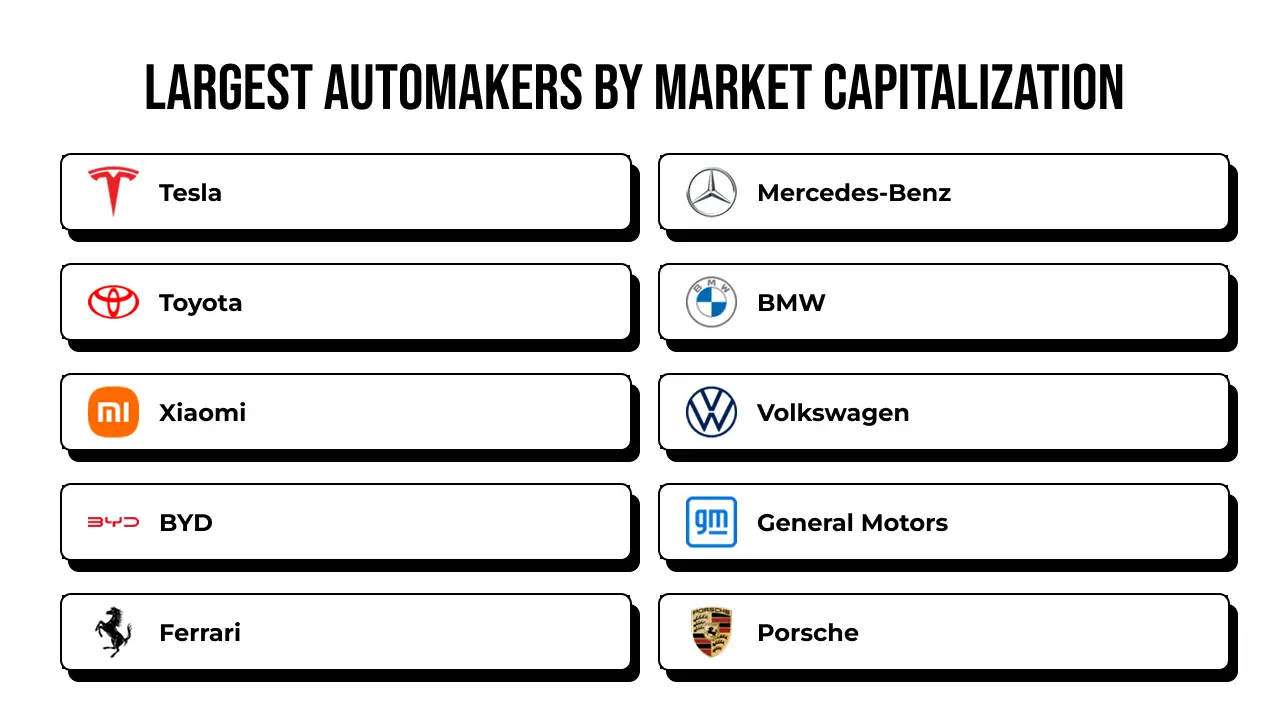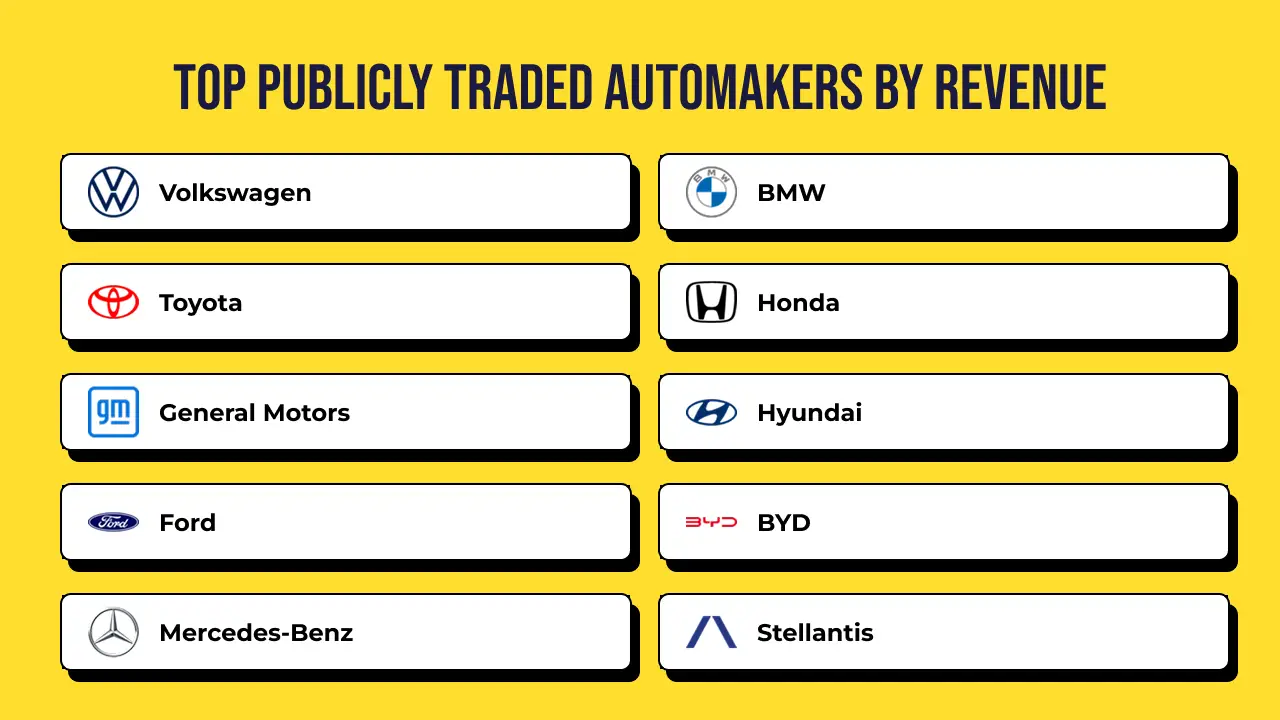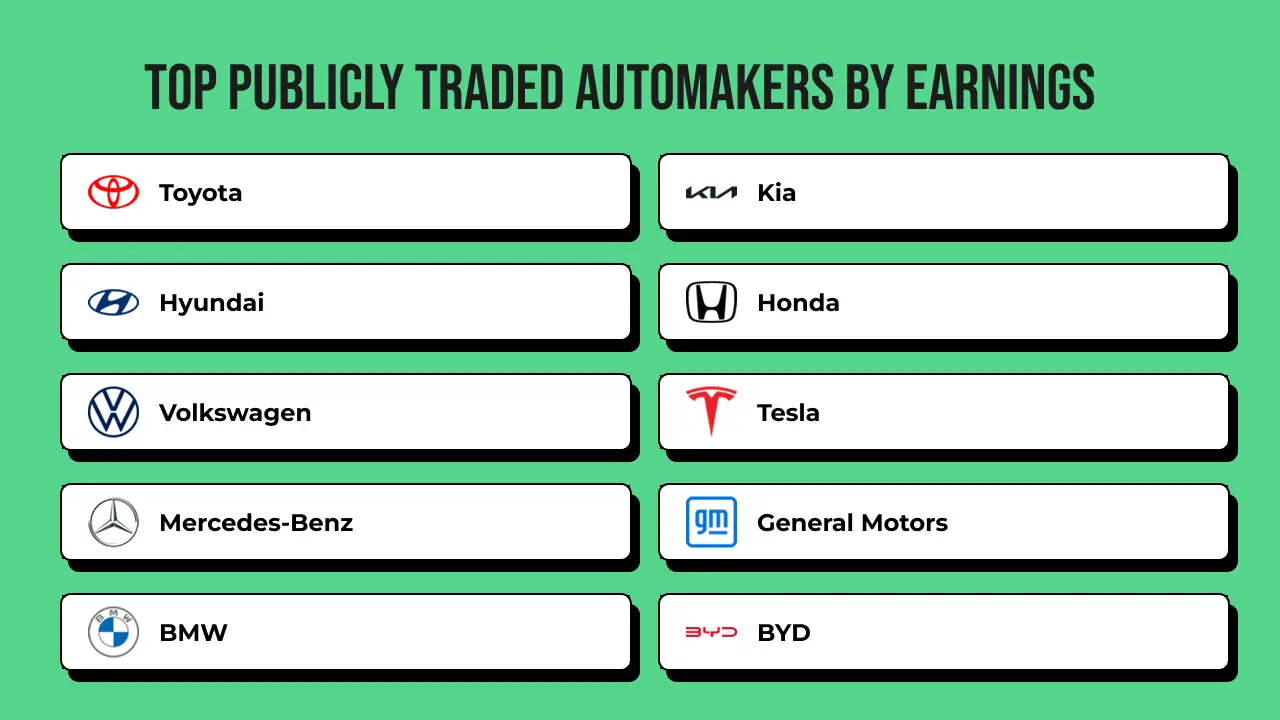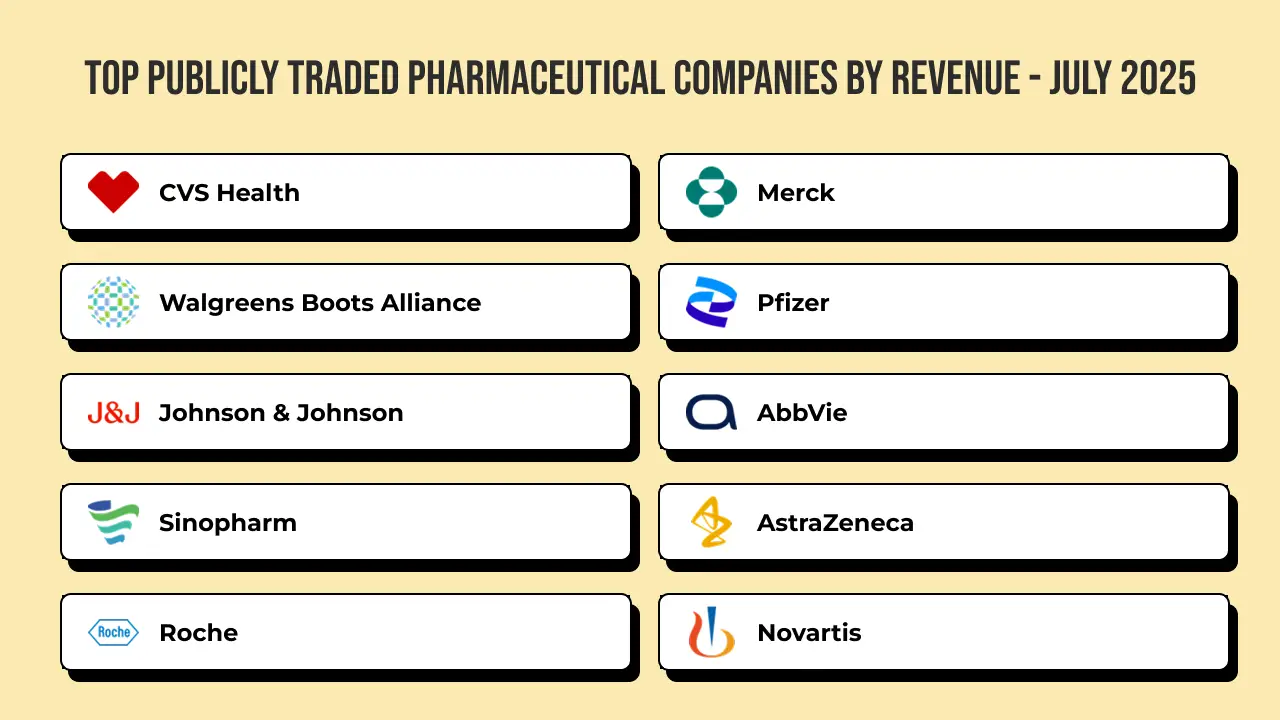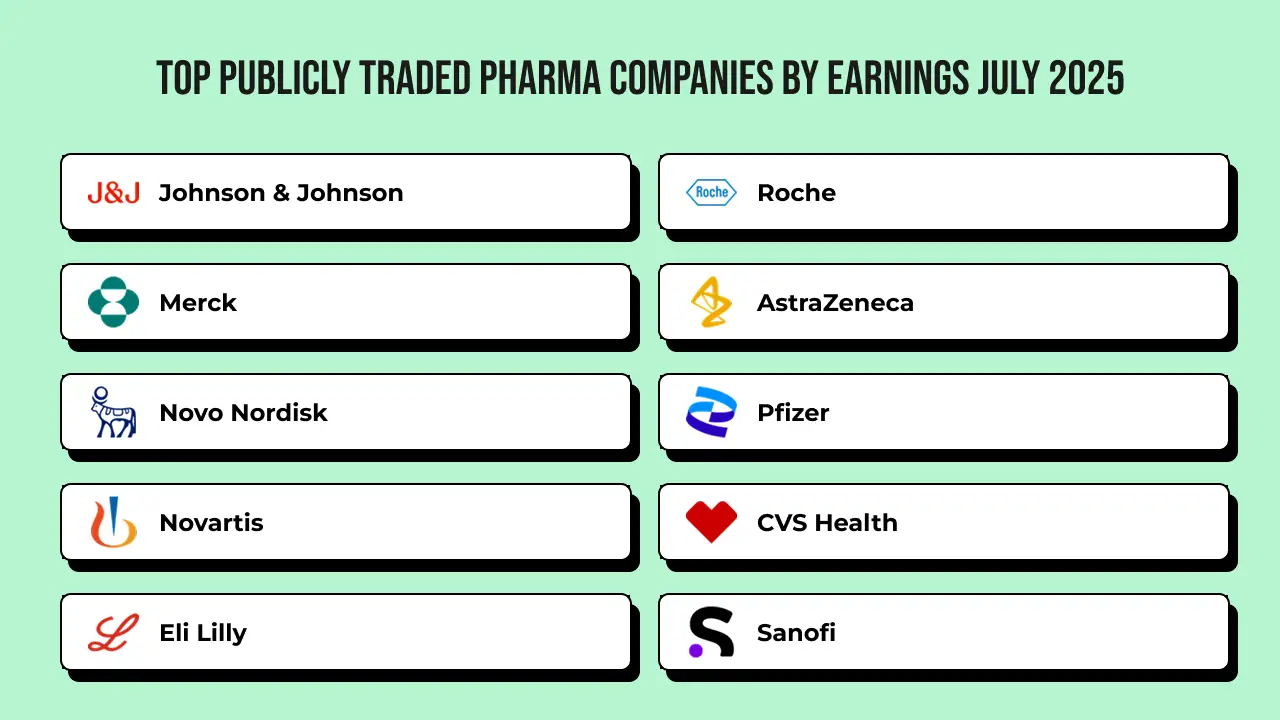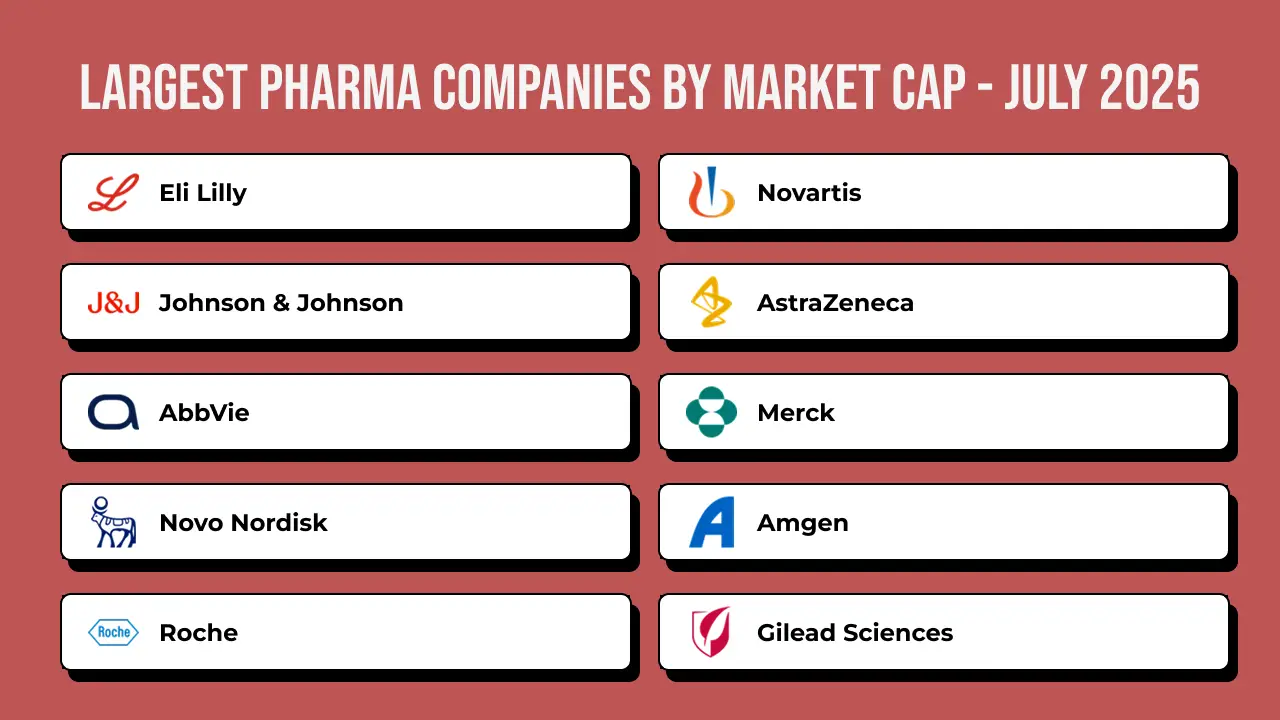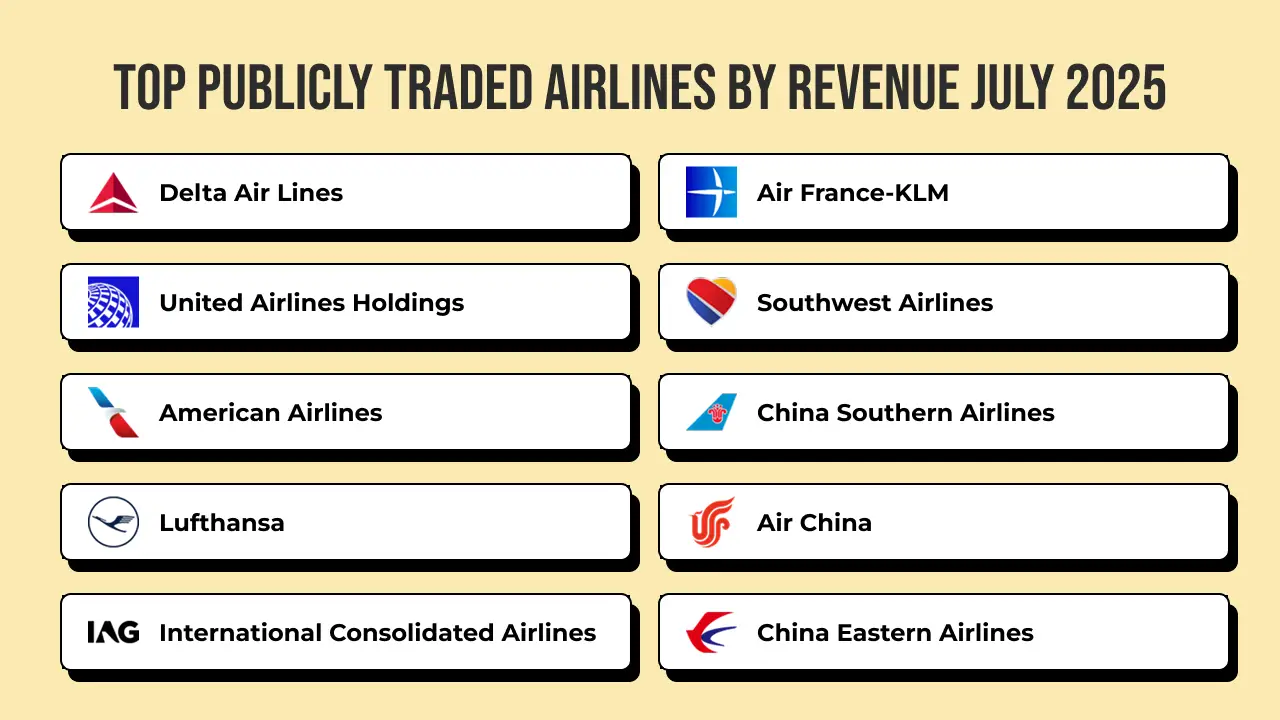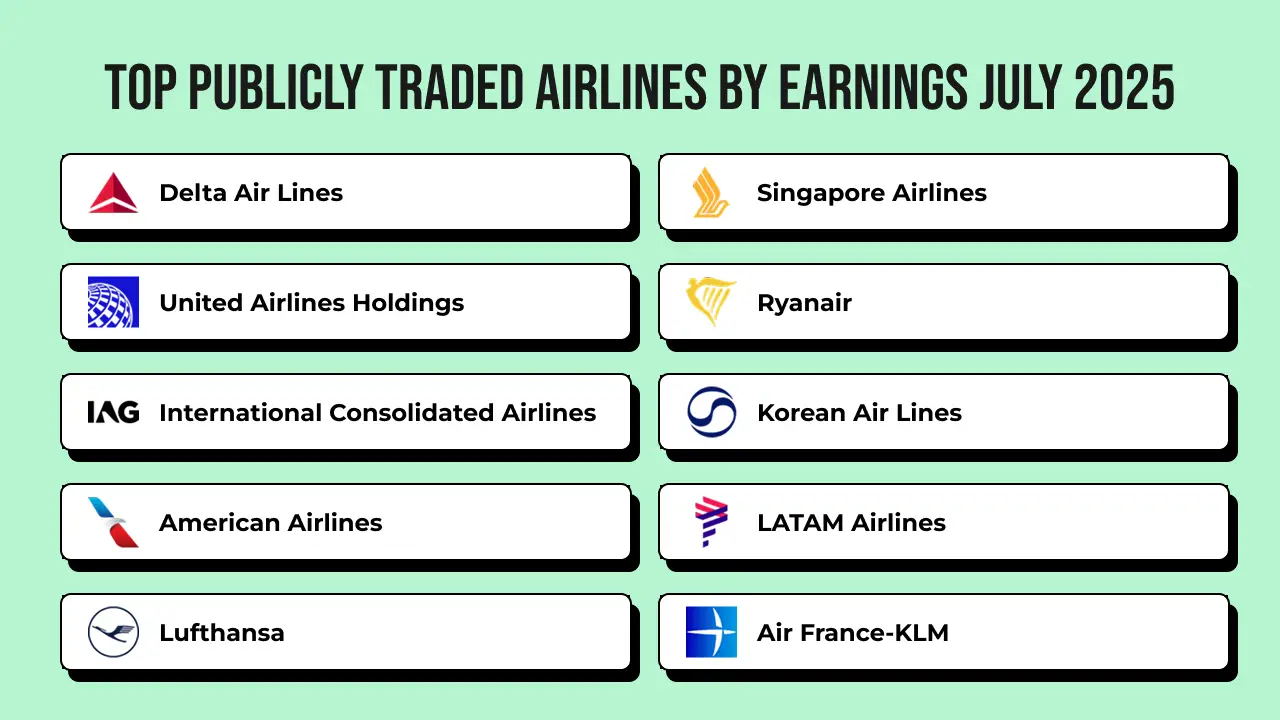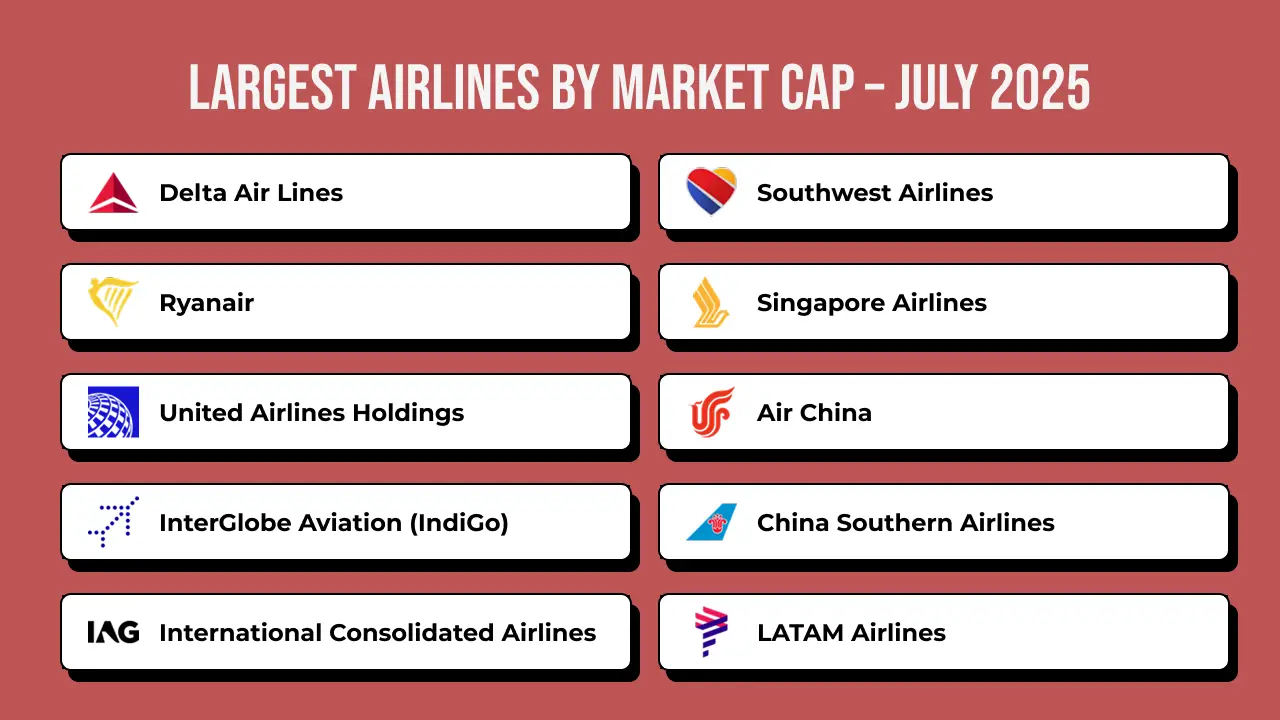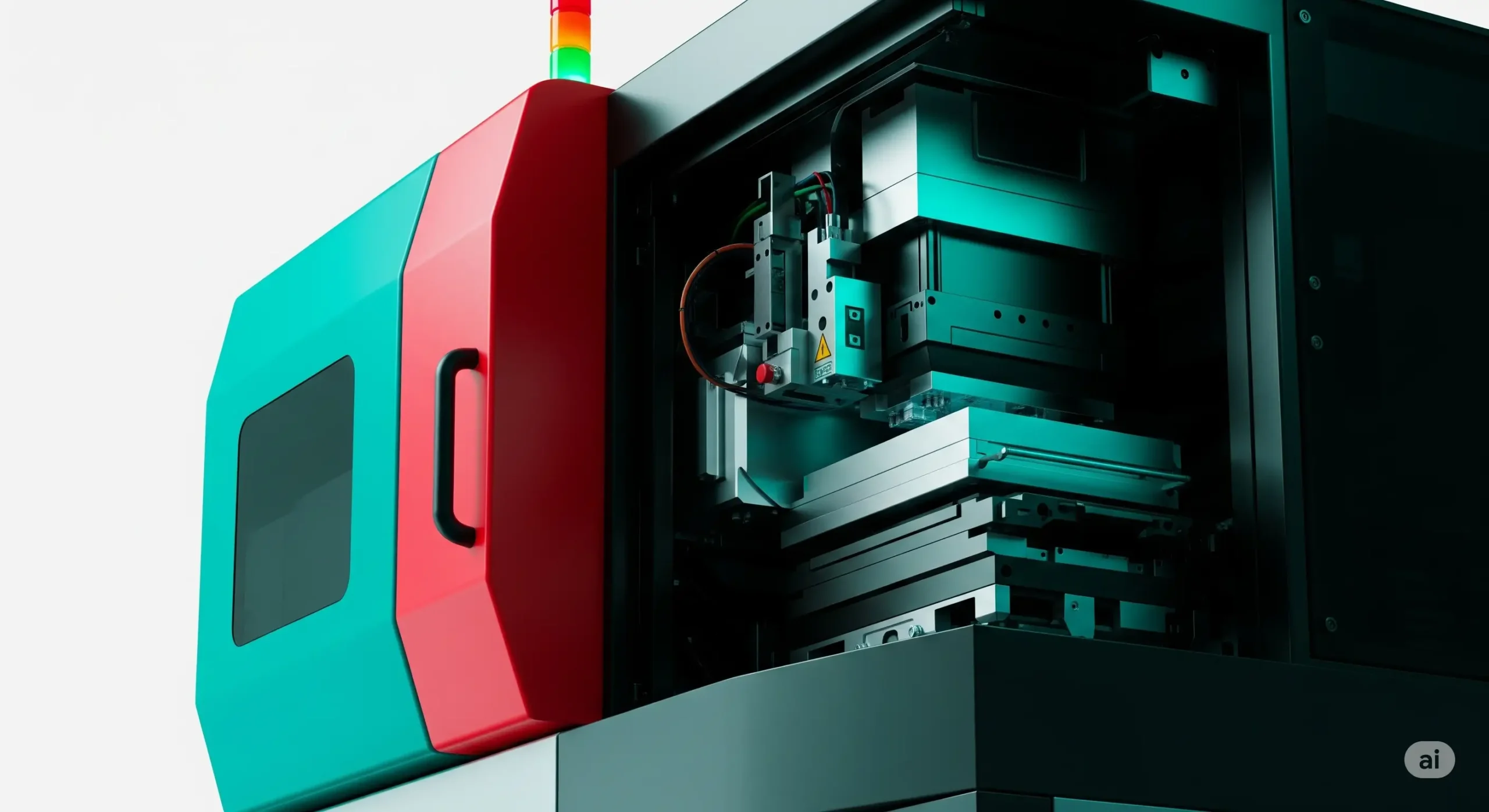The automotive industry continues to undergo a dramatic transformation in 2025, with market capitalizations reflecting investors’ confidence in companies that have successfully navigated the transition to electric vehicles and autonomous driving technologies. The latest rankings reveal a fascinating mix of traditional automakers and technology-driven companies leading the pack, showcasing how the industry’s value perception has evolved beyond mere vehicle production numbers.
Top 10 Automakers by Market Capitalization
| Rank | Company | Market Cap (USD) |
|---|---|---|
| 1 | Tesla | $1,017.1B |
| 2 | Toyota | $328.6B |
| 3 | Porsche | $149.4B |
| 4 | BYD | $110.4B |
| 5 | Ferrari | $78.2B |
| 6 | Mercedes-Benz | $63.1B |
| 7 | BMW | $58.9B |
| 8 | Volkswagen | $50.2B |
| 9 | General Motors | $50.3B |
| 10 | Porsche | $49.6B |
Tesla maintains its commanding position at the top of the market capitalization rankings with over $1 trillion in market value, representing more than three times the valuation of its nearest competitor, Toyota. This massive valuation premium reflects investors’ continued belief in Tesla’s leadership in electric vehicle technology, autonomous driving capabilities, and its expanding ecosystem of energy solutions. Despite facing increased competition from traditional automakers entering the EV space, Tesla’s market position demonstrates the premium investors place on innovation and technological advancement in the automotive sector.
Toyota, the world’s largest automaker by vehicle sales, holds the second position with a market capitalization of $328.6 billion. The Japanese giant’s valuation reflects its diversified approach to electrification, including hybrid technology where it pioneered the market, as well as its investments in hydrogen fuel cell technology. Toyota’s strong market position underscores the value of manufacturing excellence, global reach, and a balanced approach to alternative powertrains, even as the industry rapidly shifts toward full electrification.
The European luxury segment shows remarkable strength in the rankings, with Porsche, Ferrari, and Mercedes-Benz all securing positions in the top six. Porsche’s valuation of $149.4 billion and Ferrari’s $78.2 billion highlight how premium positioning and brand strength translate into exceptional market valuations. These luxury manufacturers have successfully differentiated themselves through exclusive positioning, high-performance vehicles, and strong profit margins, proving that brand heritage and exclusivity remain valuable assets in the evolving automotive landscape.
Chinese automaker BYD’s presence in the fourth position with a $110.4 billion market cap represents the growing influence of Chinese manufacturers in the global automotive market. BYD’s success in electric vehicles, particularly in the world’s largest automotive market, China, demonstrates how regional leaders are gaining international recognition and investor confidence. The company’s vertical integration strategy, including battery production capabilities, positions it well for the continued electrification trend.
The rankings reveal a clear trend toward rewarding companies that have either pioneered electric vehicle technology or successfully adapted their business models to embrace electrification and digitalization. Traditional metrics like production volume are being overshadowed by factors such as technological innovation, electric vehicle market share, autonomous driving capabilities, and software integration. This shift in valuation criteria reflects the automotive industry’s ongoing transformation from a traditional manufacturing sector to a technology-driven mobility ecosystem, where companies are increasingly valued based on their ability to innovate and adapt to changing consumer preferences and regulatory requirements.

